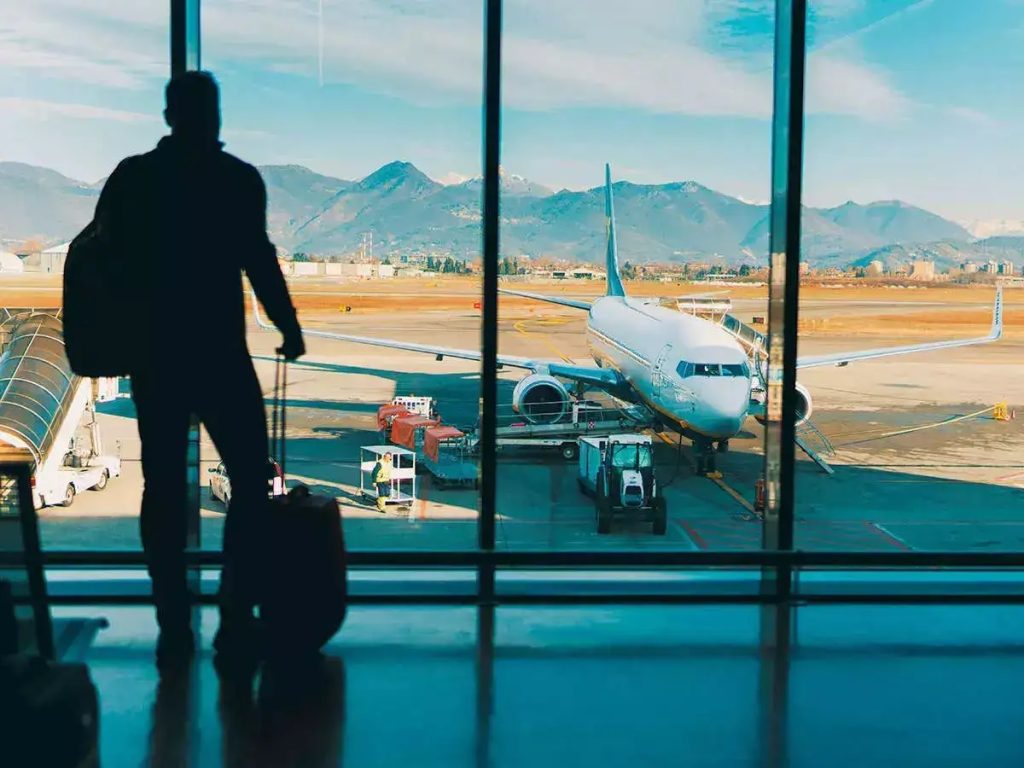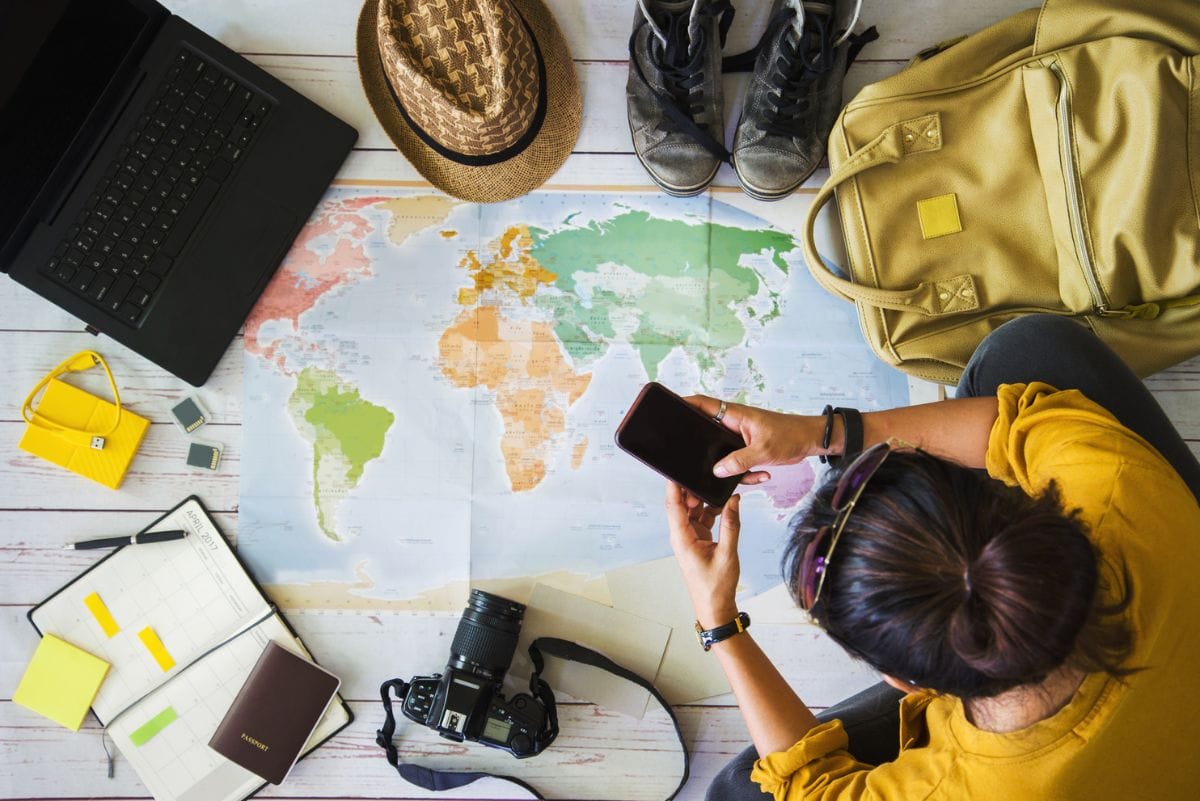In an increasingly digital and fast-paced world, recreation and travel have become more than just leisure activities—they are vital components of a balanced and fulfilling lifestyle. Recreation provides opportunities for relaxation, creativity, and connection, while travel offers the chance to explore new cultures, environments, and perspectives. Together, they serve as powerful tools for personal growth, well-being, and cultural understanding.
This article delves into the significance of recreation and travel in modern life, their benefits, challenges, and the evolving trends shaping the way people explore the world today.
The Essence of Recreation and Travel
At their core, recreation and travel are about stepping away from routine. Recreation may include activities like hiking, painting, reading, or team sports, while travel involves venturing beyond familiar surroundings to discover new places. Both experiences encourage individuals to reconnect with themselves, others, and the wider world.
Where recreation is often about finding joy in everyday life, travel expands the horizon—literally and metaphorically. A walk in a local park and a journey across continents may seem worlds apart, but both serve the same purpose: to rejuvenate the mind, body, and spirit.
Benefits of Recreation and Travel
1. Enhancing Physical and Mental Health
Engaging in recreational activities reduces stress, improves cardiovascular health, and strengthens muscles. Likewise, travel contributes to well-being by breaking the monotony of daily life and lowering stress levels. Studies show that people who take vacations regularly are less prone to burnout and experience improved mental clarity.

2. Strengthening Social Bonds
Recreation often happens in communities—whether through a local soccer league or a dance class—fostering connections with others. Travel, on the other hand, deepens relationships by creating shared memories. Families that travel together report stronger bonds, while solo travelers often form lasting friendships with people they meet along the way.
3. Expanding Cultural Awareness
Travel immerses individuals in new traditions, cuisines, and languages. Experiencing a festival in India, a market in Morocco, or a café in Paris allows travelers to broaden their worldview. This cultural exposure nurtures empathy, tolerance, and understanding—values increasingly important in a globalized society.
4. Inspiring Creativity and Innovation
From writers drawing inspiration from the landscapes of Tuscany to entrepreneurs finding fresh ideas while backpacking in Southeast Asia, recreation and travel spark creativity. Time spent away from routine often leads to innovative thinking and problem-solving.
5. Boosting Local Economies
Tourism is a major economic driver worldwide. By supporting local businesses—restaurants, hotels, artisans—travelers contribute to the prosperity of communities. Recreation industries such as national parks, adventure sports, and cultural festivals also generate employment and promote sustainable development.
The Evolution of Travel and Recreation
Travel has evolved dramatically over centuries. What was once reserved for explorers, merchants, and the elite is now accessible to millions of people worldwide. The rise of budget airlines, digital booking platforms, and sharing economies like Airbnb has democratized travel, making it possible for ordinary people to explore faraway lands.
Recreation has also shifted. Traditional leisure activities like picnics and board games remain popular, but technology has introduced new options—video gaming, virtual fitness, and online communities. At the same time, there is a renewed appreciation for outdoor recreation as people seek balance in a digitally dominated era.
Popular Trends in Recreation and Travel
1. Sustainable and Eco-Friendly Travel
With climate change at the forefront of global concern, travelers are increasingly seeking eco-friendly options. This includes staying at green-certified hotels, choosing destinations that promote conservation, and engaging in responsible tourism that benefits local communities.
2. Adventure and Experiential Travel
Travelers today crave experiences rather than souvenirs. Activities like scuba diving in the Maldives, trekking to Machu Picchu, or zip-lining through Costa Rican rainforests are in high demand. Adventure travel provides both adrenaline and immersion in nature.
3. Digital Detox Retreats
The constant connectivity of modern life has led to a surge in demand for retreats that emphasize digital detox. These experiences encourage participants to disconnect from technology and reconnect with themselves through meditation, yoga, or simply quiet reflection.
4. Wellness Tourism
Health-focused travel is booming, with destinations offering spa treatments, yoga retreats, and holistic healing experiences. Countries like Thailand, India, and Iceland are at the forefront of wellness tourism.
5. Cultural and Culinary Exploration
Food has become a major driver of travel. Culinary tourism allows travelers to savor local flavors, from street food tours in Bangkok to wine tastings in Tuscany. Cultural immersion—through music, art, and heritage tours—adds depth to the travel experience.
Challenges in Recreation and Travel
Despite the many benefits, the industries face challenges that must be addressed for sustainable growth.
-
Overtourism
Popular destinations like Venice, Barcelona, and Bali struggle with overtourism, which strains infrastructure and disrupts local life. Responsible travel practices are essential to mitigate these impacts. -
Environmental Impact
Air travel contributes significantly to carbon emissions. Balancing the desire to explore with the need to protect the planet requires innovation, such as carbon offset programs and sustainable transport alternatives. -
Accessibility and Inclusivity
Not everyone has equal access to recreational opportunities or travel experiences. Economic inequality, disabilities, and geographic limitations can exclude individuals. Ensuring inclusivity is crucial for fair enjoyment of these activities. -
Global Uncertainty
Political instability, pandemics, and natural disasters can disrupt travel plans and impact recreation industries. The COVID-19 pandemic highlighted the vulnerability of global tourism, but also spurred resilience and innovation in the sector.
The Future of Recreation and Travel
Looking ahead, the intersection of technology, sustainability, and human desire for connection will shape the industries. Virtual reality may allow travelers to “visit” distant places from their homes, while artificial intelligence will personalize travel planning and recommendations.
At the same time, sustainability will dominate conversations. Travelers are becoming more conscious of their footprint, opting for slow travel—spending more time in fewer destinations—over whirlwind tours. Local experiences and authenticity will outweigh mass tourism.
Moreover, wellness and mindfulness will play an increasingly central role. As people seek balance in a chaotic world, recreation and travel will serve as outlets for healing and transformation.

Conclusion
Recreation and travel are more than escapes from routine; they are essential pillars of a healthy, fulfilling, and meaningful life. They nurture physical health, enrich relationships, foster creativity, and expand cultural understanding. While challenges such as overtourism and environmental concerns must be addressed, the future of these industries is filled with promise.
As people continue to seek authentic experiences, sustainable practices, and meaningful connections, recreation and travel will remain central to human growth. Whether it’s a simple walk in a local park or an epic journey across the globe, the act of exploring—ourselves, our communities, and our world—remains one of the most rewarding adventures of all.


